€20M Lawsuit Hits UEFA Over “Stolen” Champions League Format
UEFA is being accused of stealing a new Champions League competition format. The lawsuit seeks €20 million as the governing body for European football faces legal action in a high-stakes court battle.
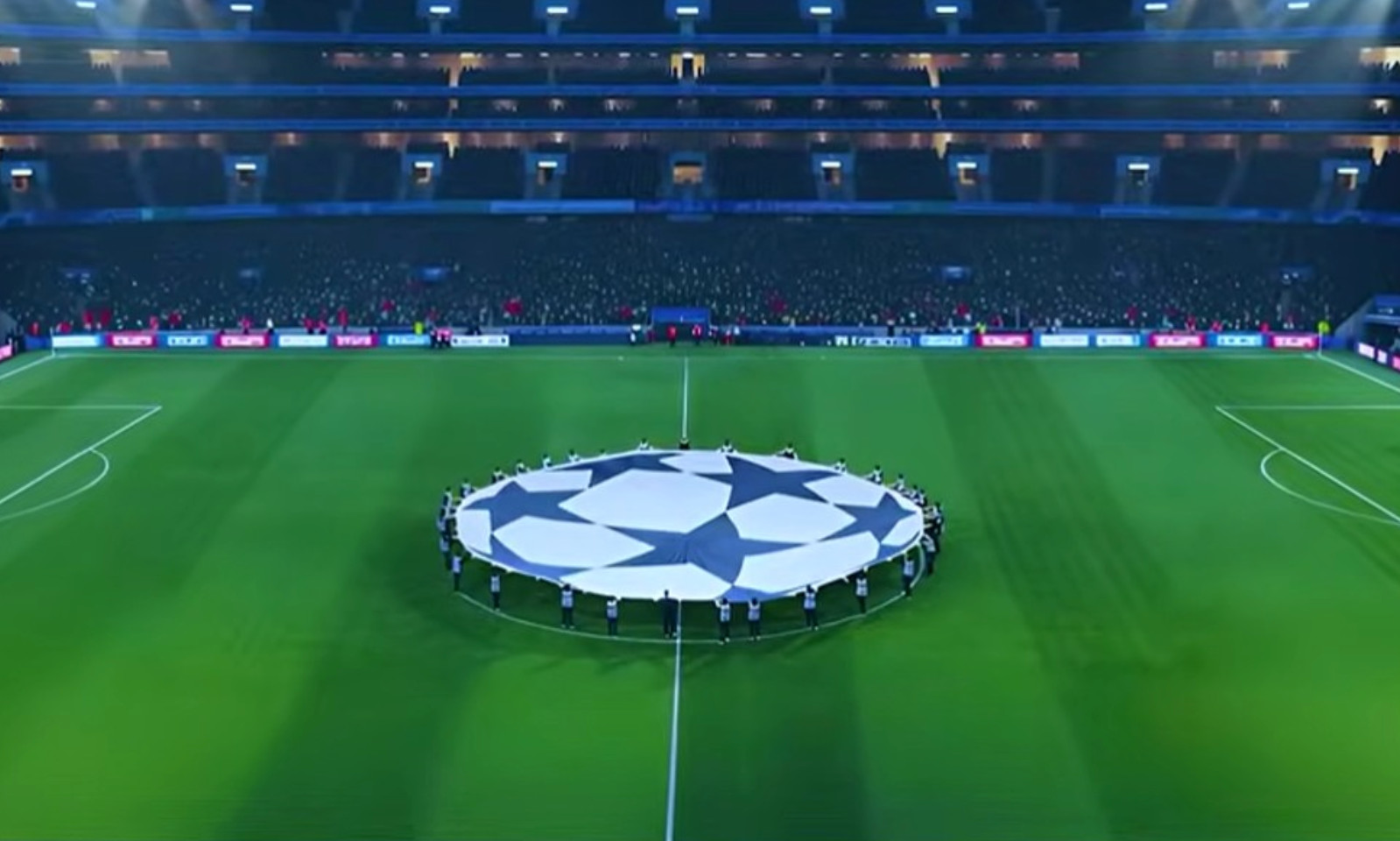
The governing body of European football, UEFA, has been hit with a major legal challenge after a Chilean consultancy has accused it of appropriating the blueprint for the revamped format of its elite club competition, the UEFA Champions League. The case, filed earlier this year, seeks €20 million in damages and raises questions about intellectual-property rights, competition design, and the future of tournament formats.
Allegation: Format Theory Turned Legal Claim
The claim comes from MatchVision, a sports-consulting firm founded by Leandro Shara. MatchVision contends that it developed a specific “pots-based” algorithm and league structure for an elite European club competition that closely mirrors UEFA’s “Swiss-style” league phase introduced for the Champions League from the 2024–25 season. According to the lawsuit, MatchVision patented the concept in Chile in 2006, pitched it to UEFA in 2013, and had it recognized by FIFA as the rights-holder to the idea.
MatchVision argues that when UEFA adopted the new format — in which 36 teams play eight matches each against eight different opponents (four home, four away) under a single-table system, rather than the traditional group format — it was effectively using MatchVision’s invention without authorization. The company is claiming €20,005,551 in damages, plus €200,000 in personal compensation for Shara, and interest for three seasons.
What’s at Stake: Format, Money, and Governance
The new Champions League format, which increased the number of matches from 125 to 189 per season and introduced more varied opponents, was marketed by UEFA as a means to boost broadcast value, fan interest, and competitive variety. That shift has attracted strong attention not only from broadcasters and sponsors but also online betting companies in Europe, who rely on consistent competition structures and predictable fixture modeling to build markets and seasonal offering strategies.
If MatchVision’s claim holds up, the ramifications could go beyond simply writing a cheque. It might open up discussions around how governing bodies develop tournament formats: whether consultants who propose ideas retain claim to them, and how much of “format design” is subject to intellectual-property protection in sport. Some legal analysts describe the case as sitting at the junction of sports law, IP law, and competition economics.
UEFA’s Response
UEFA has so far dismissed the claims as “baseless” and expressed its intention to defend the case vigorously. According to reports, a formal notification has yet to be handed to UEFA, which will have 20 business days after service of the claim to respond.
UEFA’s argument is likely to center on the idea that formats such as league phases, seeded pots, cross-pool matchups, and home/away fixtures are part of the general toolkit of sports competition design and not exclusive to UEFA. They may also argue that any modifications they made render the system materially distinct from the version presented by MatchVision.
Short-Term Little Effect for Fans, But It Gets Bigger for Broadcasters, Sponsors
This kind of lawsuit may be a precedent-setter for future disputes where consultants, tech firms, or software companies claim ownership of competition tools now adopted by major sports governing bodies. In an era where sports organizations monetize structure, scheduling, digital platforms, and match-allocation algorithms, the question of who owns the blueprint is becoming increasingly relevant.
For clubs and fans, there may be a short-term little effect — the new Champions League format remains in place and matches are proceeding as scheduled. But for broadcasters, sponsors, and tournament architects, the case could spark deeper scrutiny of how governance and innovation intersect in sport.
Obviously, Sporting Innovation Doesn’t Happen Only on Pitch
The litigation will play out in Switzerland (UEFA’s base) after being filed in Madrid and transferred. MatchVision will look to establish that the similarities between its 2006 patent and UEFA’s format go beyond coincidence. Timing will be crucial: the older the idea, the stronger the chance of expiration of protection; the more public the presentation, the better evidence for the consultant. UEFA, for its part, may settle or fight, depending on how strong MatchVision’s proof is.
In any case, the story underscores that sporting innovation doesn’t happen only on the pitch. The design of competitions, the algorithms of seedings, and the commercial architecture behind matchups may soon face the same intellectual-property battles as tech or media. For UEFA, a favorable outcome is far from assured — and for MatchVision, this is more than just a compensation claim. It’s a claim to authorship of modern European club football formats.
FAQ
More tips on Football
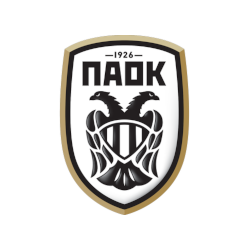
Panthessaloníkios Athlitikós Ómilos Konstadinoupolitón

Real Club Celta de Vigo
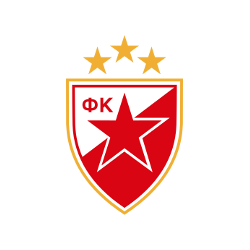
Fudbalski klub Crvena zvezda

Real Club Celta de Vigo
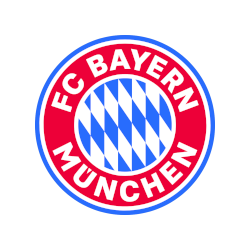
Fußball-Club Bayern München
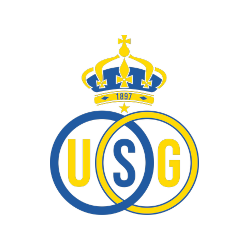
Royale Union Saint-Gilloise
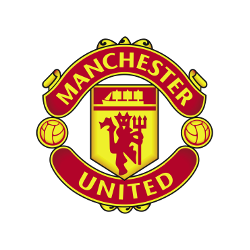
Manchester United F.C.

Manchester City F.C.
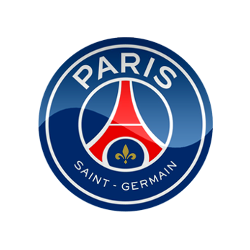
Paris Saint-Germain Football Club
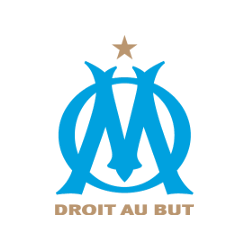
Olympique de Marseille
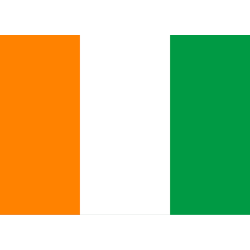
Ivory Coast

Mozambique
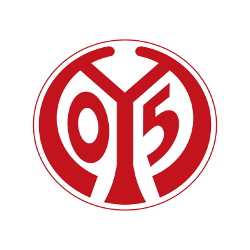
1. Fußball- und Sport-Verein Mainz 05
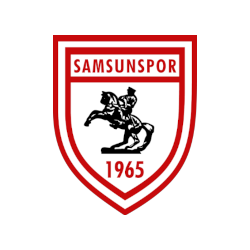
Samsunspor Futbol Kulübü

Dinamo Zagreb

Real Betis Balompié

Società Sportiva Calcio Napoli









